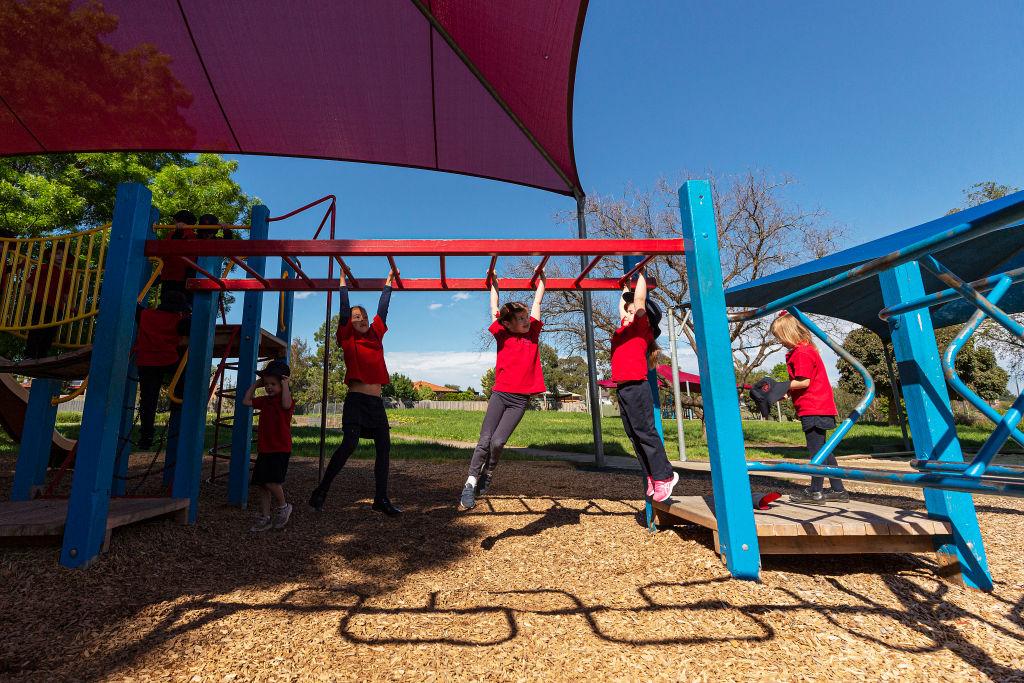Schools in the Australian state of Victoria are struggling with temporary closures due to staff testing positive to COVID-19 after the government terminated over 120 unvaccinated teachers in April.
In one particular case, year eight students at Greater Shepparton Secondary College in the north of Victoria had to learn from home on May 16 due to a lack of teaching staff.





